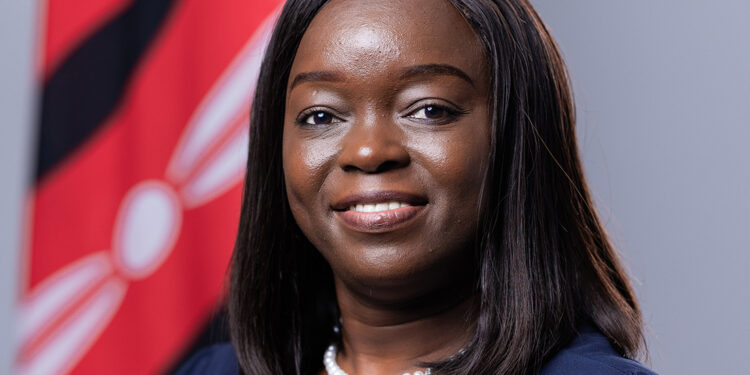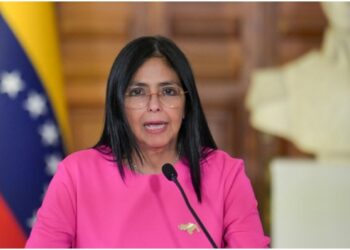By Ebi Kesiena
Kenya has launched the national rollout of the Early Warnings for All (EW4All) initiative, signalling a significant move to strengthen disaster preparedness and safeguard lives and livelihoods.
The launch, followed by a three-day workshop in Nairobi from 21–23 May 2025, brings together government authorities, development partners, and disaster risk stakeholders to create a roadmap tailored to Kenya’s needs.
The EW4All initiative, spearheaded globally by the United Nations, aims to expand the reach and effectiveness of multi-hazard early warning systems (MHEWS), especially in countries vulnerable to climate-related disasters.
In Kenya, the urgency is clear, droughts and floods have increased in frequency and impact, particularly in the Arid and Semi-Arid Lands (ASALs). The March–May 2024 floods affected over 410,000 people, claimed 315 lives, and caused damage worth USD 1.5 billion.
Speaking at the official launch on Wednesday, Cabinet Secretary for Environment, Climate Change and Forestry, Dr Deborah Barassa, explained that the initiative underscored its importance. “Every Kenyan, regardless of where they live or what language they speak, deserves access to life-saving information before disaster strikes,” she said.
She also announced that 5% of the national Disaster Risk Management budget will now be directed towards strengthening early warning systems across institutions.
Kenya has already laid groundwork in this area, including the development of the Kenya Anticipatory Action Roadmap 2024–2029 and hosting the IGAD Climate Prediction and Application Centre (ICPAC), a regional leader in climate forecasting.
Kenya’s commitment to climate resilience was further recognised in 2023, when President William Ruto was appointed as the World Meteorological Organization’s Champion for EW4All in Africa.
Also, United Nations Resident Coordinator, Dr Stephen Jackson, emphasised the UN’s continued support and the critical role of the Early Warning Roadmap in guiding national and local efforts.



































